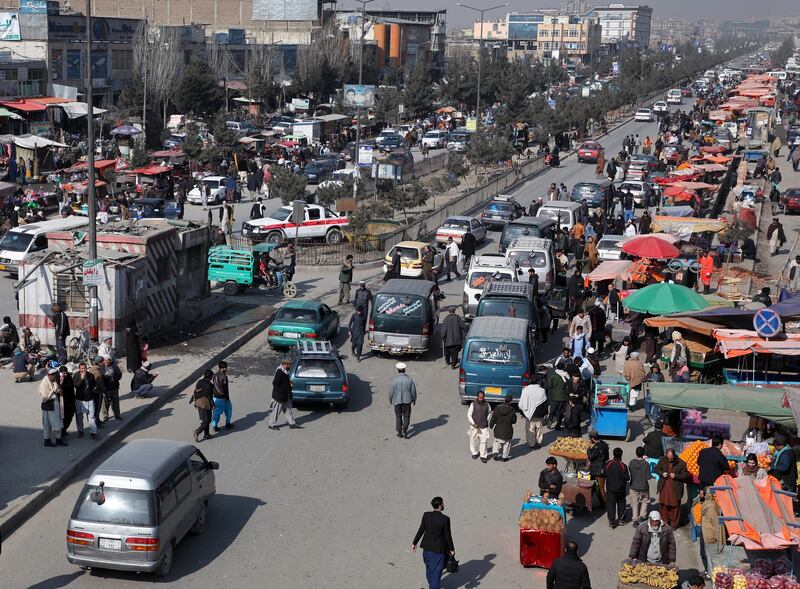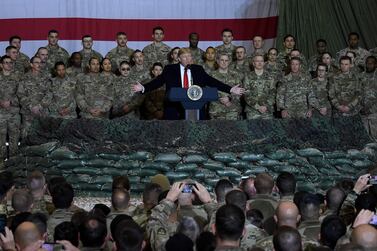An explosion occurred near the attorney general's office in Kabul, Afghanistan, on Wednesday, raising questions about the ongoing reduction in violence pact between the US and the Taliban.
The Taliban quickly released a statement, saying they were not responsible for the attack. They accused "intelligence circles" of being behind the attack in an attempt to sow "distrust."
An explosive-laden motorcycle detonated near the attorney general's office, resulted in nine civilian injuries, including one woman, according to an interior ministry spokesman. The injured were transferred to hospital.
The blast comes during the final days of a reduction in violence agreement between the US and the Taliban. If the blast is determined to be a breach of the agreement, it will throw into question whether the final Afghanistan peace deal can be signed this weekend, as currently scheduled.
Both groups are operating on the understanding that some violence in the country is not Taliban-directed, Washington and the Taliban have a line of communication that is serving as a dispute mechanism for situations such as this, in order to determine who is responsible for the attack.
The final peace deal is scheduled to be signed on Saturday in Qatar, with both sides expressing optimism in recent days about the potential of the final accord.
On Tuesday, the US warned Afghan politicians not to interfere in the “enormous political opportunity.”
The Afghan government is facing internal turmoil that has heightened after the recent re-election of president Ashraf Ghani. Members of the government opposing Ghani’s win have refused to recognise his leadership and threatened to form their own parallel government. Ghani’s inauguration has been postponed amid the chaos, with all parties involved agreeing to prioritise the peace deal.
If the final peace deal goes ahead, it will mark the end of America's almost two-decade war in Afghanistan and bring home nearly US 13,000 troops. The exodus of the Americans is likely to result in similar decisions from Nato coalition forces stationed in the country.
As part of the peace deal, the Taliban are expected to agree to intra-Afghan talks with the Afghan government, which they have refused to recognise, in order to negotiate a long-term strategy for the country that is amenable to both sides. The discussions are expected to work towards a long-term ceasefire and deal with issues of governance.







